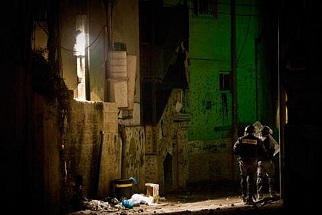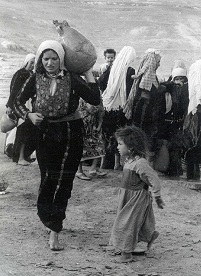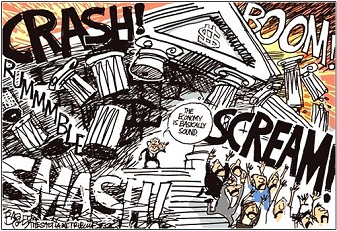East Jerusalem Residents: Lawlessly Revoking Their Status
On April 7, 2011, HaMoked: Center for the Defense of the Individual and the Association for Civil Rights in Israel (ACRI) filed a petition, demanding that Israel's Interior Ministry stop revoking residency permits given East Jerusalem Palestinians.
After its June 1967 annexation, life for Palestinian residents became an ongoing cycle of neglect, discrimination, poverty, shortages, and persecution, compounded by the encircling Separation Wall and worsening daily hardships.
Moreover, though no longer, as permanent Israeli residents, they were afforded the right to live and work in Israel without special permits. However, permanent residency, unlike citizenship, passes on conditionally to children. For example, marrying someone without one and/or the other requires applying for family unification to live together. In fact, Israel treats East Jerusalem Arabs as foreigners, whose rights can be summarily revoked, denied, or severely restricted any time for any reason by civil or military order.
As a result, residents endure repeated investigations and inquiries to keep proving their legitimacy, letting authorities arbitrarily deny it. In addition, time and expense are involved, including for services and applications that can take months or years to be considered.
Moreover, many Palestinians live outside Jerusalem's municipal boundaries with no Israeli residency status. Severed from the West Bank by the Separation Wall, they're trapped in East Jerusalem in limbo. In October 2007, Israel denied them permanent residency, issuing only temporary permits under military authority.
Even getting them involves cost and bureaucratic red tape, and those with them may live in their homes, but not work or drive in Jerusalem. Nor can they get education, health, or other services. As a result, they've been ghettoized under severe, unrelenting duress as foreigners in their own homes on their own land in their own country.



























